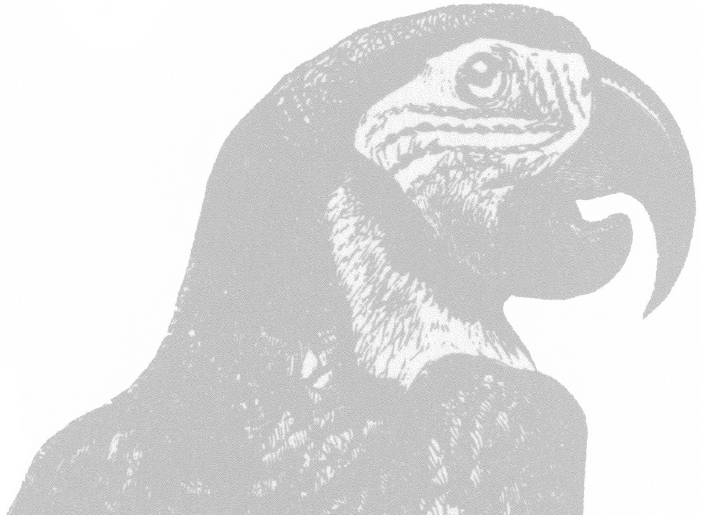Table of Contents
Animals and Society
ANIMALS
AND SOCIETY
An Introduction to Human-Animal Studies
Second Edition
Margo DeMello
COLUMBIA UNIVERSITY PRESS

NEW YORK
Columbia University Press
Publishers Since 1893
New York Chichester, West Sussex
cup.columbia.edu
Copyright 2012, 2021 Columbia University Press
All rights reserved
EISBN 978-0-231-55104-5
Library of Congress Cataloging-in-Publication Data
Names: DeMello, Margo, author.
Title: Animals and society / Margo DeMello.
Description: Second Edition. | New York City: Columbia University Press, 2021. | Includes
bibliographical references and index.
Identifiers: LCCN 2020038514 (print) | LCCN 2020038515 (ebook) | ISBN 9780231194846
(hardback) | ISBN 9780231194853 (trade paperback) | ISBN 9780231551045 (ebook)
Subjects: LCSH: Human-animal relationships. | Human-animal relationshipsHistory. |
Animals and civilizationHistory.
Classification: LCC QL85 .D48 2021 (print) | LCC QL85 (ebook) | DDC 590dc23
LC record available at https://lccn.loc.gov/2020038514
LC ebook record available at https://lccn.loc.gov/2020038515
A Columbia University Press E-book.
CUP would be pleased to hear about your reading experience with this e-book at .
Cover image: iStock.com/digi_guru
Contents
After finding out about human-animal studies (HAS) in 2002 and throwing myself into the field, I thought that a textbook would be useful for the development and spread of the field. In particular, the initial drive to complete this book came from my work with the Animals and Society Institute (ASI) and my role on the Human-Animal Studies Executive Committee, which was founded in 2004 by about a dozen scholars who met during the International Compassionate Living Festival to discuss this rapidly growing field and our roles in it. At that first meeting, we strategized about the further development of HAS and how we could help to enhance the presence of this newly developing discipline in academic institutions across the country.
Following that meeting, our committee went on to create the HumanAnimal Studies Fellowship program, which continued for almost ten years and has since been replaced by the Summer Institute in Human-Animal Studies, now held at the University of Illinois at Urbana-Champagne. We also wrote an edited collection, Teaching the Animal: Human-Animal Studies Across the Disciplines (DeMello 2010), which includes concrete information on teaching HAS in a variety of natural science, social science, and humanities courses.
In the years since publication of the first edition of this book, the field of HAS has exploded. There are now more courses offered at more colleges and universities than ever before, more conferences devoted to HAS, and more college programs, institutes, journals, list servers, veterinary programs, legal centers, and organizations. I like to think that the initial publication of this book played at least a small part in the spread of human-animal studies and the exposure of countless students to the importance of animals in our lives.
This new edition is intended to continue serving the field by giving professors an updated overview of the field and by giving students an easy-to-read text covering many of the issues related to the question of animals in human society. In addition, this new edition has less of a North American and more of a global focus, which I hope will make the text more relevant to non-U.S. audiences. I also continue to hope that this text will encourage more professors to develop new courses that focus on the human-animal relationship. But I especially hope that readersboth students and instructorswill recognize that there is an important place within the college curriculum for looking at animals, their relationship with humans, and the very real implications of those relationships.
Cultural studies critic Cary Wolfe once wrote, trying to give an overview of the burgeoning area known as animal studies is, if youll permit me the expression, a bit like herding cats (2009: 564). Herding cats, indeed!
Without the aid of numerous people and organizations, this textbook could not have been written. I owe thanks to more people than I can possibly mention but will here thank those who most directly helped me to get this book off the ground. First, I have to acknowledge the work of the Animals and Society Institute (ASI), a research and educational organization that advances the status of animals in public policy and promotes the study of humananimal relationships. I owe my deepest thanks to the countless people I have met in the field through my work at ASI and who, in a variety of ways, have helped me with my own research. But I want to especially call out Ken Shapiro, ASIs board president, for his support over the past eighteen years. All proceeds raised from the sale of this textbook will, as with the previous edition, be donated to ASI to support the organizations important work. In fact, if it werent for meeting Ken at an animal rights conference in 2002, I would not have known about the existence of the field of human-animal studies and most likely would not have returned to teaching after having left the field a few years earlier. If it werent for Ken and my work with ASI, my life would be very different today.
I am also thankful to Wendy Lochner at Columbia University Press for expressing an interest in this book (after many years of rejections from other publishers) and for her work in expanding Columbias Animal Studies series. I first began shopping this book around in 2005 and was told by each publisher I approached that the market was too small to support such a text. Wendy recognized both the importance and growth of the field of HAS, and she knew that with that growth would, indeed, come an audience for this book. (And here we are, ten years later, with a second edition for this growing market!) Through Wendy, six anonymous readers provided feedback on the first edition of this manuscript, and I am grateful to all of them. I am especially grateful to Ralph Acampora, whose comments on . Another set of reviewers commented on the second edition, and I give my thanks to them as well.
I am grateful to the following colleagues and friends for providing essays on their own work, which are included in these chapters. Thanks to Susan McHugh, Clinton Sanders, Laura Hobgood-Oster, Vasile Stanescu, Leslie Irvine, Gay Bradshaw, Walt Putnam, David Fennell, David Redmalm, Lisa Lunghofer, Kendra Coulter, Maneesha Deckha, Maria Lux, Carrie Rohman, Alexandra Horowitz, and Kathie Jenni for generously contributing in this way. I also want to thank everyone who provided photos for this book: Ruth Burke, Dennis Low, Maria Lux, Nathan Poirier, Darek Jadzok, Paul Becker, Marie-France Boissonneault, Maria Lux, Jill Howard Church, Regina Grace, Gabriela Kompatscher-Gufler, Samantha L. Haeussner, Cassandra Bugir, Anita Carswell, Annette Evangelista, Carol Adams, Christine Morrissey of Harvest Home Animal Sanctuary, Criss Starr of New Mexico House Rabbit Society, Mary Cotter, Drew Trujillo, Ed Turlington, Ed Urbanski and Yvonne Boudreaux of Prairie Dog Pals, Elizabeth Emelene Jefferis, Great Ape Trust, Jonnie Russell, Karen Diane Knowles, Kate Turlington, Kerrie Bushway, Linda Walden, Mark Dion through the Tanya Bonakdar Gallery, Mercy for Animals, People for the Ethical Treatment of Animals, Robin Montgomery, Suzi Hibbard, the Jane Goodall Institute, Tracy Martin, Vicki DeMello, and Yvette Watt.

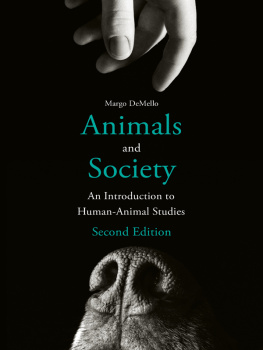
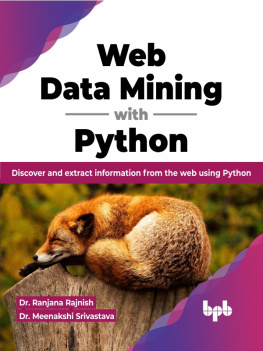


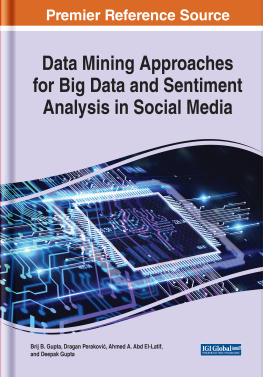
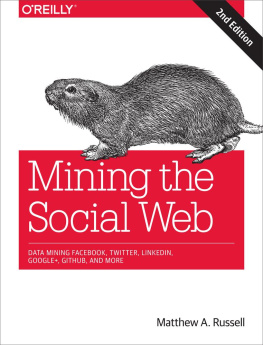
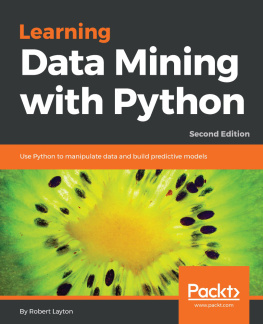
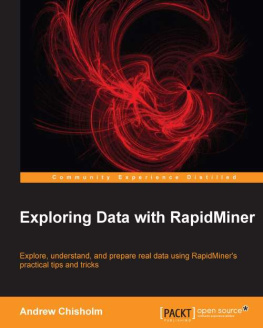

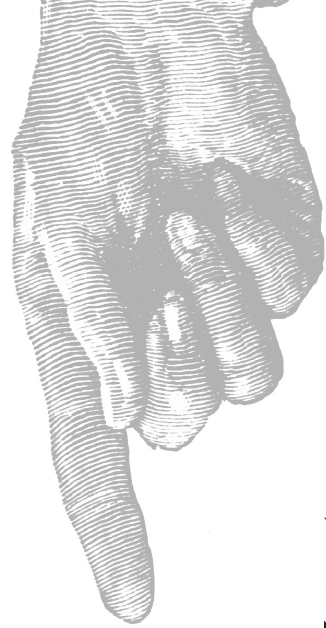
 NEW YORK
NEW YORK